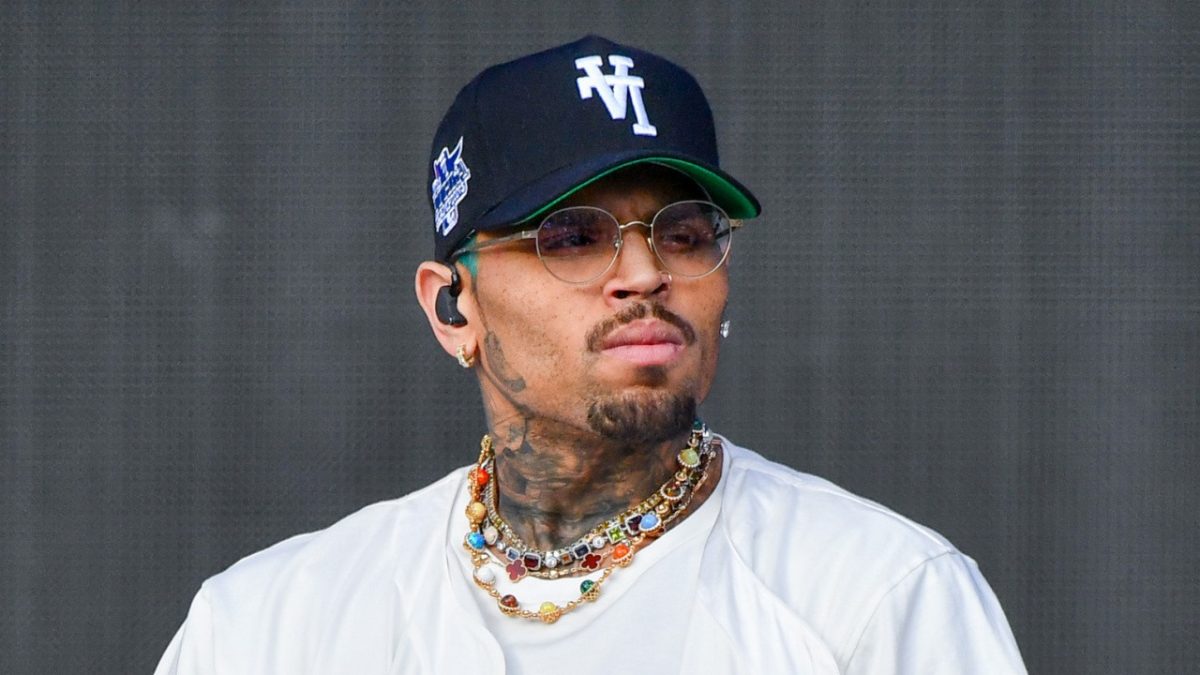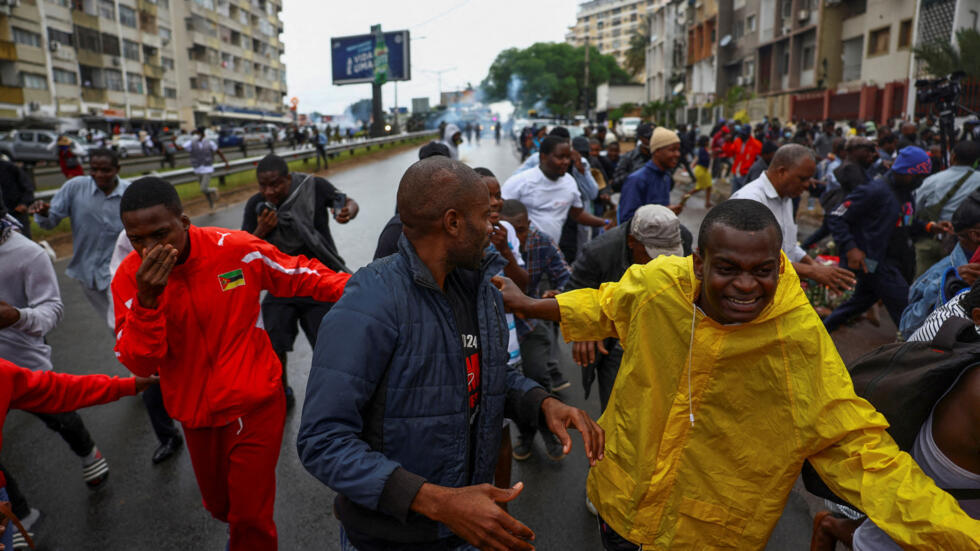
Chris Brown concert in South Africa reignites debate on violence against women
As Chris Brown plans to perform in South Africa, his history of abuse has sparked outrage among women's rights activists. The Women for Change campaign is calling for the concert to be canceled, saying it sends the wrong message in a country deeply affected by violence against women. The debate pits those who denounce the culture of impunity surrounding celebrities against fans who defend their right to enjoy music despite the controversy.
A concert that divides
In the space of two hours, Chris Brown sold out all the tickets for his upcoming concert at the FNB stadium in Johannesburg, South Africa. With a capacity of over 94,000, this success shows the immense popularity of the American star in the country. However, his concert scheduled for December 2024 has provoked strong opposition, particularly from Sabina Walter, director of the organization Women for Change. This association campaigns for the rights of women and children, and she launched a petition that already has more than 20,000 signatures to prevent Brown from performing on stage.
Walter points out that giving a platform to a celebrity with a history of violence, including the high-profile 2009 assault of Rihanna, sends a dangerous signal in a country with some of the highest rates of violence against women in the world. She says allowing Brown to perform without addressing his past shows a form of impunity that trivializes gender-based violence.
Gender-based violence in South Africa
South Africa is infamous for its alarming levels of sexual violence and femicide. A woman is raped every 12 minutes in the country, according to official statistics, and many assaults go unreported. South African society is in the midst of a deep reckoning on these issues, and the decision to host Chris Brown has drawn criticism from the Department of Home Affairs, which issued the singer the visa despite his criminal record for violence.
South African law states that visas can be denied to individuals who have been convicted of serious crimes. However, exceptions can be made for "good cause," which appears to have been the case for Chris Brown. The move has angered women's rights advocates, who say such leniency reinforces the idea that celebrity shields from legal liability.
Debate on art and morality
Far from going unnoticed, the concert has also sparked mixed reactions from fans and public figures. Former University of Cape Town vice-chancellor Mamokgethi Phakeng has defended her intention to attend the concert, while stating her opposition to gender-based violence. She insists that appreciating an artist’s music does not mean supporting their past behaviour, a position shared by many fans. “Music is bigger than the individual,” she explained, stressing that attending the concert does not diminish the need to combat violence against women.
The debate highlights the complexity of moral issues surrounding controversial art and artists. On the one hand, some argue that boycotting the event would send a strong message against the culture of impunity, while others defend their right to appreciate the work without condoning the artist's personal actions.



Leave a comment
This site is protected by hCaptcha and the hCaptcha Privacy Policy and Terms of Service apply.